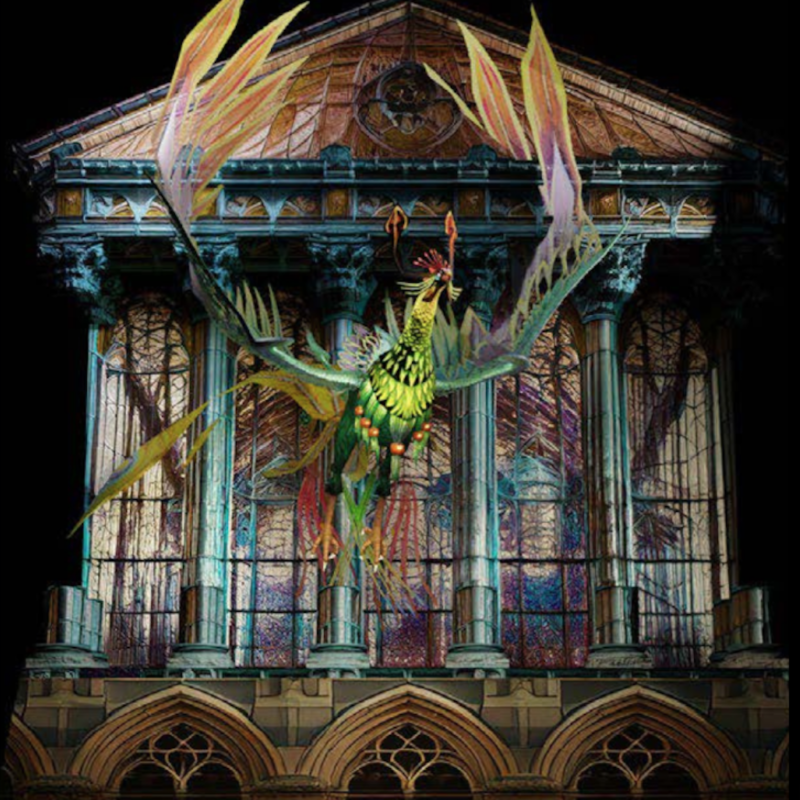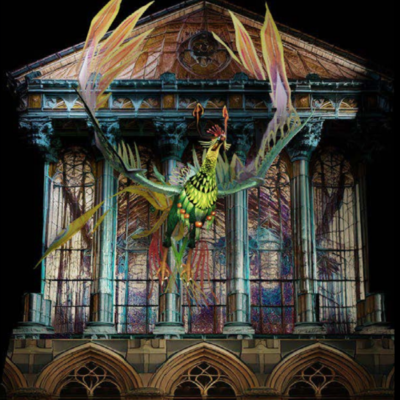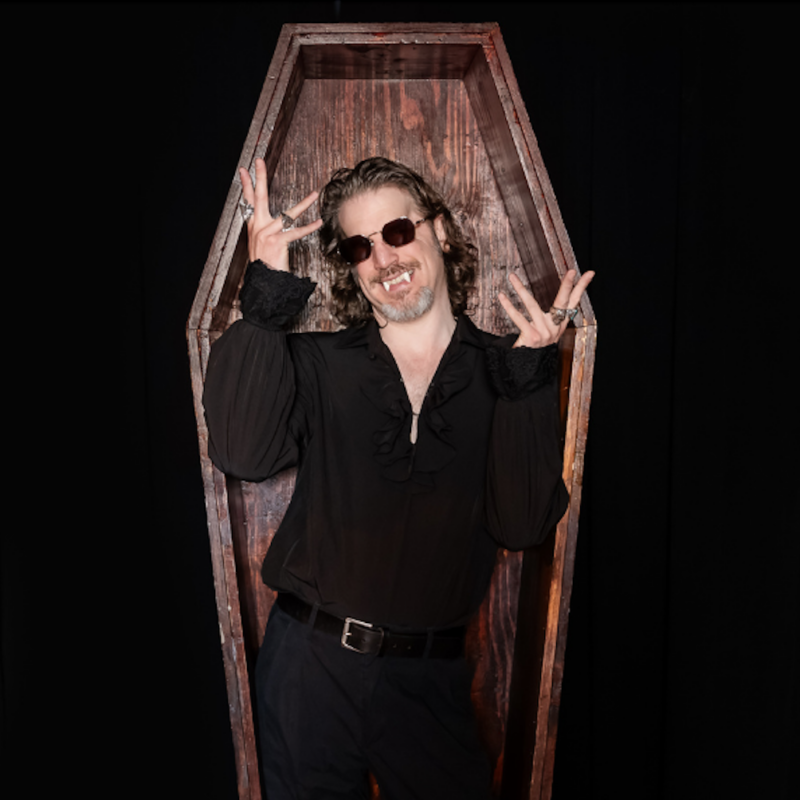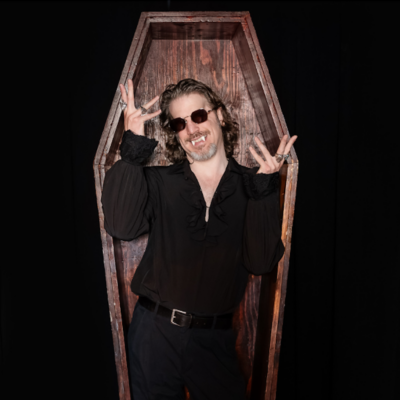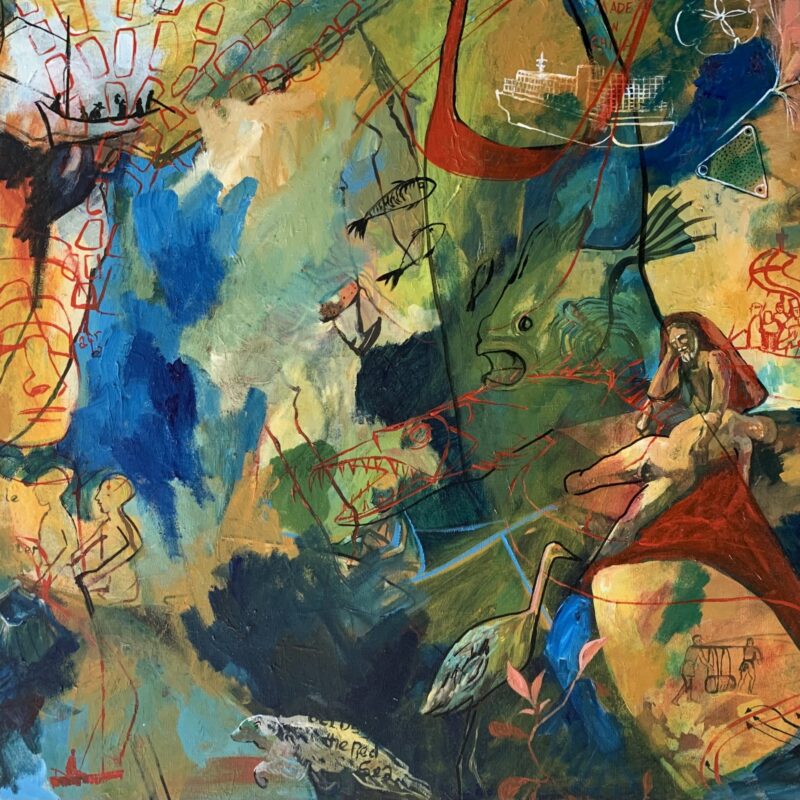In Brothers, a cadaverously thin Tobey Maguire plays an upright Marine gone missing and presumed dead in Afghanistan, leaving his wife to be looked after by his delinquent kid brother. But the wife is played by Natalie Portman, and the brother is played by Jake Gyllenhaal. So that’s some easy looking, both before and after.
|
No, it’s not a Cider House Rules outtake. Tobey Maguire (left) and Jake Gyllenhaal share a moment amidst the drama of Brothers. |
Except that when Tobey comes home alive, it gets a lot harder. And not just because Portman is also looking rather too thin. There is horror in this movie, to be sure—particularly in the brutal and transformative Taliban captivity Maguire’s character endures while MIA. But with that in mind, and the fact that Brothers actually is a remake of a 2004 Danish drama, with former Charlottesville resident Sam Shepard in its cast, we’re within our rights to hope for something more poetic and philosophical than a rote Hollywood pretty-people haunting.
I mention Shepard not just because he’s written great plays involving manly, ghostly, family drama, but because his presence is what’s best about Brothers. Yes, Gyllenhaal has some nice moments of drunken desperation and amends-making; and Maguire acts his heart out, or at least bugs his eyes out during imperative breakdown scenes; and Portman sharpens the blade of her beauty into recognizable signifiers of maternal inclination and grief; but Shepard’s portrayal of the young men’s father—a favorite-playing, combat-veteran Marine himself—is the movie’s anchor. This marvelously coiled-up performance precludes the potential cliches of the faded patriarch both burrowed into old grudges and woundedly aloof. Mare Winningham, underused, plays the brothers’ mother, but it’s in Shepard’s face that the full family backstory is revealed.
If only he’d also written the script instead of David Benioff, whose screenwriting career, since beginning with an adaptation of his own novel 25th Hour, has declined into the likes of Troy, The Kite Runner and X-Men Origins: Wolverine.
“We’re brothers, and brothers look out for each other,” Liev Schreiber said to Hugh Jackman in Wolverine. “You’re my brother,” Gyllenhaal and Maguire say to each other in Brothers. The idea being that fraternal obligation is sort of automatically, grandly dramatic. (As opposed to, say, “We’re cousins. We don’t ever really see each other, except sometimes during the holidays. And we don’t have much in common. But maybe we should friend each other on Facebook, and ask what’s up once in a while.” You can’t really get a movie out of that. Not even in Denmark.)
The director is Jim Sheridan, whose other credits include In the Name of the Father and Some Mother’s Son, so at least the family dynamics do come naturally. And indeed, when not cross-cutting between Middle Eastern persecution and Midwestern recreation, Sheridan sets a snowy, funereal mood. Brothers values poise and understatement, and that’s fine. But there’s a nagging sense that the movie itself, like the married couple at its core, suffers from insufficient meat on its bones.

